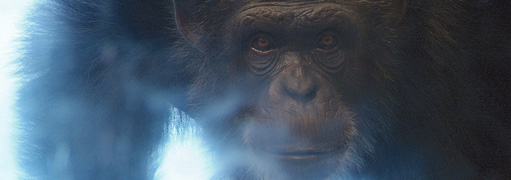Film Review: Can Us Monkey-Brained Humans Live Through Our Own Success In Surviving Progress?
Scientific Progress Goes Boink In Scary-Smart Documentary


but just wait until Bane shows up.

It looks harmless


